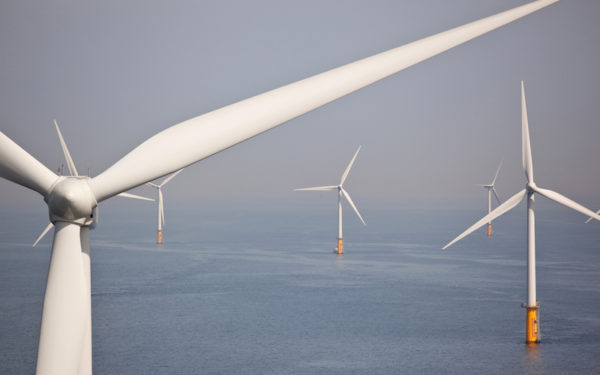Maine’s Climate Progress Not as Rosy as the State Would Like You to Think
Maine still needs to drastically cut carbon pollution to meet its legal obligation under the climate law.

Maine still needs to drastically cut carbon pollution to meet its legal obligation under the climate law.

Conservation Law Foundation, Sierra Club, and Maine Youth Action are keeping up their fight to ensure Maine cuts carbon pollution as required by the law. The groups on Thursday filed their response to Maine’s motion to dismiss their April lawsuit.

New Englanders love a perfect beach day. But the trash that lines our coast from Connecticut to Maine is less than perfect. By pitching in to do a beach cleanup, beach lovers can make a significant difference in preserving our region’s natural beauty. Check out these tips to keep your favorite beach crystal clean.
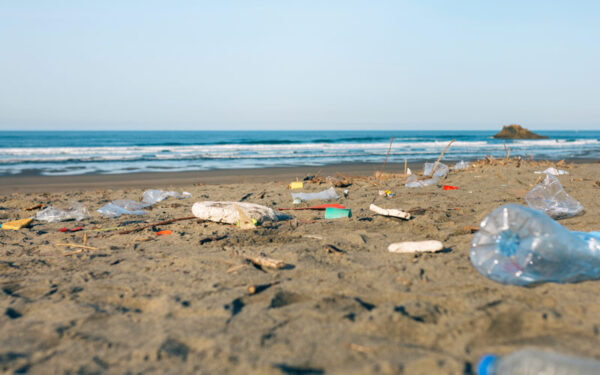
We won’t accept polluted water, dangerous heat, and unpredictable energy costs as foregone conclusions in our communities—and our banks shouldn’t either. Instead, banks should work to enrich our communities with long-term, sustainable solutions that will improve residents’ health and welfare.
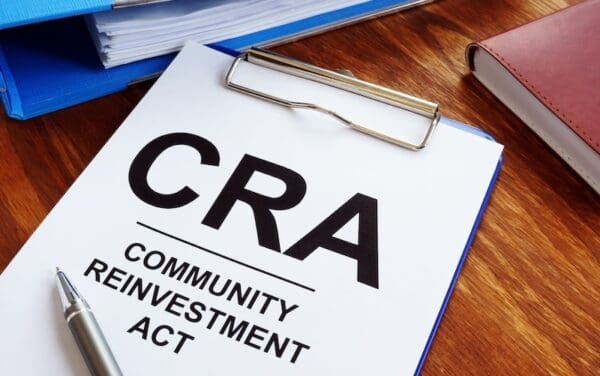
Expanding Juniper Ridge Landfill would be a band-aid approach to waste and materials management and does not address the failures of the current system.
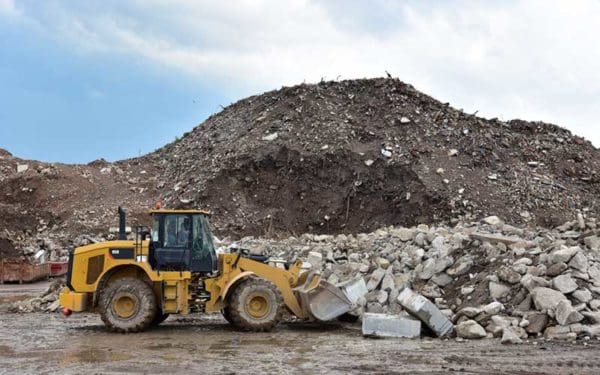
CLF is fighting to develop offshore wind in the Gulf of Maine while protecting our natural resources and coastal communities.
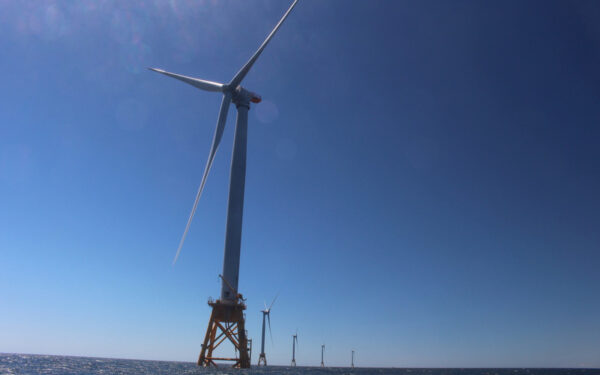
Single-use plastic bag recycling seems like the right thing to do, but only a tiny portion of our plastic bags get recycled. Mostly, they end up being incinerated, or piled up in landfills, where they slowly break down into microplastics.

Robert King has nursed neglected dams back to health for more than 30 years. He says his story shows how regular people concerned about climate change can make a difference.

In June, the state of Hawai’i agreed to cut carbon emissions in a historic climate case settlement. This is a big win with implications for communities in New England and beyond.

Local anti-wind citizens’ groups are using pro-environment rhetoric to turn public opinion against offshore wind, a tactic borrowed from fossil fuel companies.
